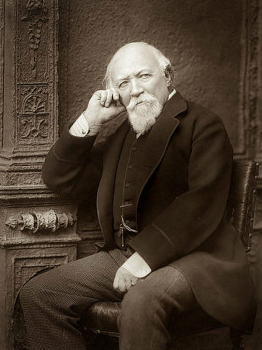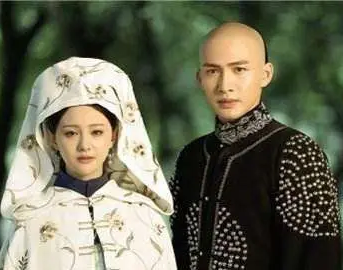In 221 BC, Qin Shi Huang unified the six kingdoms and established the first unified multi-ethnic country in Chinese history - the Qin Dynasty. However, surprisingly, the Qin Dynasty did not change the original wartime laws, but continued to use them. Why is that?

Firstly, we need to understand the legal system of the Qin Dynasty. The laws of the Qin Dynasty were known for their strictness, with the core being "rule of law", which meant that law was the foundation and means of national governance. The formation of this legal system was closely related to the historical background of the Qin Dynasty. Before unifying the six kingdoms, the Qin Dynasty had been in a state of war for a long time, so its laws were mainly designed to meet the needs of war and had a strong military color.
After the Qin Dynasty unified the six kingdoms, although the war ended, social contradictions had not been completely eliminated. In addition, the newly unified country needed a strong central government to maintain stability. Therefore, the Qin Dynasty chose to continue using wartime laws. This legal system guaranteed the ruling efficiency and social order of the Qin Dynasty to some extent.
However, there were also drawbacks to the Qin Dynasty's failure to change its wartime laws. Because the wartime laws were too strict, social management in the Qin Dynasty became overly harsh, and people lived under high pressure, which led to intensified social conflicts. Eventually, this triggered the Chen Sheng and Wu Guang rebellion, and the Qin Dynasty consequently fell.
Overall, the Qin Dynasty's decision not to change its wartime laws after unification was made out of consideration for national ruling efficiency and social stability. However, it also reflected the shortsightedness and conservatism of the Qin Dynasty in its legal system reform, failing to adapt in time to the social needs of the peacetime period, which ultimately led to the brevity of its history.
Disclaimer: The above content is sourced from the internet and the copyright belongs to the original author. If there is any infringement of your original copyright, please inform us and we will delete the relevant content as soon as possible.































